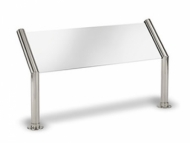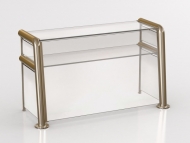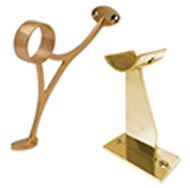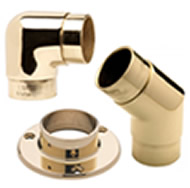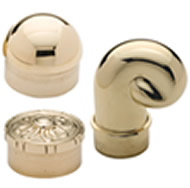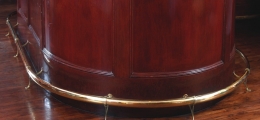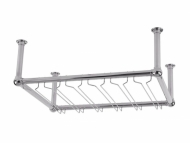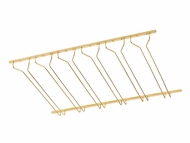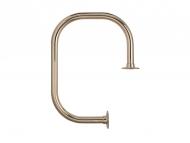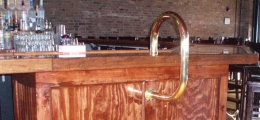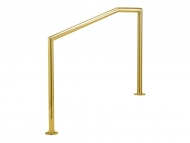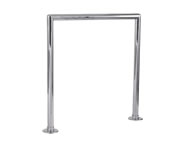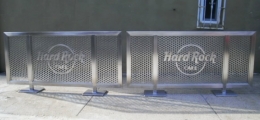The staff you hire and train for your establishment play a direct role in its profitability and success. When they are well-trained and ready to cater to customers’ expectations, they benefit your business and its bottom line. You can reap the rewards that come with having ready and capable bar staff by using these important tips for training both new hires and experienced employees.
Just like how you learned in elementary or high school, you may need to quiz your bar staff occasionally to make sure they know what they are doing during any given shift.
Teach Them the Drink Recipes
The most obvious training tip would be to teach them how to make the drinks that your bar serves. They need to know the drinks on the menu, what ingredients the drinks contain, and in what quantities the ingredients should be added to the drinks.
Before you can train them in how to make the drinks, you of course need to know how to make them yourself. If you need to brush up on the finer points of drink making, take the time to go over the recipes and master them yourself before holding a training session with your staff. Your confidence and ability to make the menu items correctly will be an asset when teaching your employees how to mix and serve them to customers.
Meet with Your Staff before Service
Your newest hires may be nervous about their upcoming shifts, which is why they may benefit by meeting with you before the shifts start. Pre-service meetings can give you the chance to go over your expectations for your staff members. You also can give them tips and updates about what they can expect themselves during the service.
Even your experienced staff can benefit from pre-service meetings. You can review drink recipes, teach them how to make new drinks, or pass on the revenue needs for the bar during the shift. This meeting can give your employees the confidence and morale boost they need to serve your customer better each day.
Lead by Example
When you want your staff to be ready and eager to serve customers each shift, you may need to do much more than talk to them. You can give them the confidence they need when you lead by example.
Take the initiative to mix up and serve a few drinks during each shift or wait on a few tables when some of your bar staff might be taking a break or waiting on other customers. When they see you out on the floor working, they are more likely to follow your lead and learn by your example. Seeing what you do when serving customers also helps them problem solve by themselves and need less re-training or reviews during their time as your employees.
Quiz Your Bar Staff
Learning to make and serve drinks is very much so a fine art that some people struggle to master. Even if you show them how to create and serve certain recipes, some of your bar staff may not grasp it on the first try.
Just like how you learned in elementary or high school, you may need to quiz your bar staff occasionally to make sure they know what they are doing during any given shift. During a pre-service meeting, you can hand out a written quiz asking about what ingredients go into certain drinks or how much some recipes should weigh before they are served to customers. This strategy gives you a chance to learn what bar staff members have the recipes down pat and what ones need more training before they can really be an asset to your business.
Host Before or After Hours Tastings
Another way to drive home what the menu items should look and taste like would be to have tastings of the drinks before the bar opens or after it closes for the evening. Your bar staff cannot drink while on the clock. However, there is nothing preventing you from having the sample what their menu items should ideally taste and look like after the business has closed or before it has opened.
When they become familiar with the taste and texture of the drinks on the menu, they are more likely to recreate them. Tastings can be especially important for all bar staff members when a new item is added to the menu or when one has its recipe changed.
Your bar staff can make or break the success of your business. You need employees who are knowledgeable and confident each time they encounter customers. You can make sure your bar staff is an asset rather than a detriment by knowing what strategies to use when you train them.
TAGS: bars, management, bartenders, helpful tips, cocktails, wait-staff, hiring

